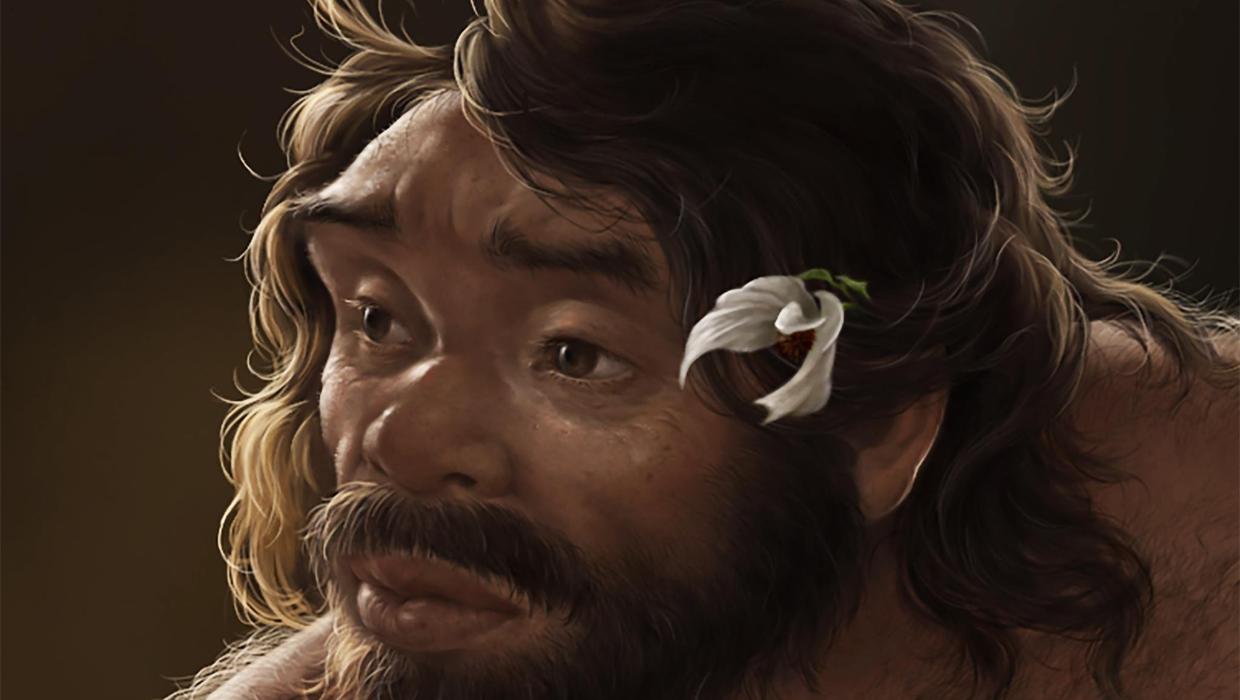Science
Fossilised Skull Challenges Evolutionary Timeline, Sparks Debate

A recently discovered fossilised skull is reshaping our understanding of human evolution, leading some scientists to suggest that the timeline for the emergence of our species, Homo sapiens, may be significantly older than previously established. This finding has the potential to alter the foundational narratives of our evolutionary history.
The skull, unearthed in Africa, dates back approximately 1.8 million years. This discovery poses questions regarding the conventional timeline, which has long placed the emergence of modern humans at around 300,000 years ago. Researchers from the University of Cambridge have indicated that this fossil could represent an early form of human that predates known fossils, suggesting that our lineage may have roots deeper in time.
Implications for Evolutionary Studies
The implications of this discovery extend beyond academic interest, as it challenges established theories within the field of evolutionary biology. The fossil record has been the basis for understanding human origins, with many experts relying on dated remains to construct a linear progression of evolution. The skull’s advanced features indicate a more complex evolutionary history than previously acknowledged.
Dr. Sarah Jones, an evolutionary biologist at the University of Cambridge, stated, “This skull provides evidence that the evolutionary tree of humans is not as straightforward as we thought. It opens up new avenues for research and understanding of how our species developed.”
Archaeological findings from the site where the skull was found reveal a rich context of human activity, further supporting the notion that early humans may have been more adaptable and diverse than previously believed. The discovery challenges the idea that Homo sapiens were the sole ancestors of modern humans, suggesting there may have been multiple hominin species coexisting and contributing to our genetic makeup.
A Re-evaluation of Human Origins
As researchers delve deeper into the implications of this skull, the scientific community is urged to reconsider the existing models of human evolution. The potential existence of earlier human species could alter our understanding of migration patterns, social structures, and adaptability.
The findings are expected to be published in an upcoming issue of the journal Nature, a leading publication in scientific research. Experts anticipate that this research will ignite further studies and excavations in the region, as scientists seek additional evidence to support or refute these new theories.
Dr. Michael Smith, a paleontologist not involved in the study, commented, “If this skull is indeed as ancient as suggested, we may need to rewrite our textbooks. This discovery has the power to shift the paradigm of how we view ourselves in the context of evolution.”
In conclusion, the fossilised skull serves as a critical reminder of the complexities of human ancestry. As the scientific community grapples with this new information, the ongoing debate highlights the dynamic nature of evolutionary science and the importance of continued research in uncovering the mysteries of our past.
-

 World4 months ago
World4 months agoTest Your Knowledge: Take the Herald’s Afternoon Quiz Today
-

 Sports4 months ago
Sports4 months agoPM Faces Backlash from Fans During Netball Trophy Ceremony
-

 Lifestyle4 months ago
Lifestyle4 months agoDunedin Designers Win Top Award at Hokonui Fashion Event
-

 Entertainment5 months ago
Entertainment5 months agoExperience the Excitement of ‘Chief of War’ in Oʻahu
-

 Sports4 months ago
Sports4 months agoLiam Lawson Launches New Era for Racing Bulls with Strong Start
-

 World5 months ago
World5 months agoCoalition Forms to Preserve Māori Wards in Hawke’s Bay
-

 Health4 months ago
Health4 months agoWalking Faster Offers Major Health Benefits for Older Adults
-

 Lifestyle4 months ago
Lifestyle4 months agoDisney Fan Reveals Dress Code Tips for Park Visitors
-

 Politics4 months ago
Politics4 months agoScots Rally with Humor and Music to Protest Trump’s Visit
-

 Top Stories5 months ago
Top Stories5 months agoUK and India Finalize Trade Deal to Boost Economic Ties
-

 Health2 months ago
Health2 months agoRadio Host Jay-Jay Feeney’s Partner Secures Visa to Stay in NZ
-

 World5 months ago
World5 months agoHuntly Begins Water Pipe Flushing to Resolve Brown Water Issue









